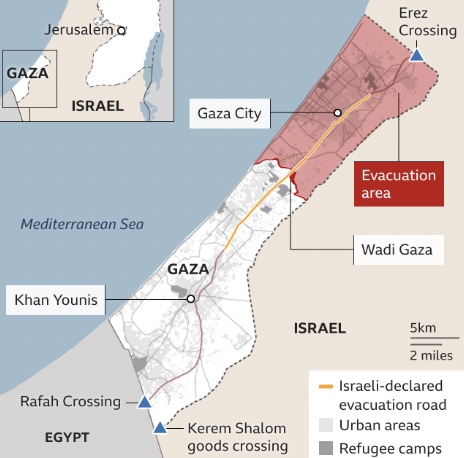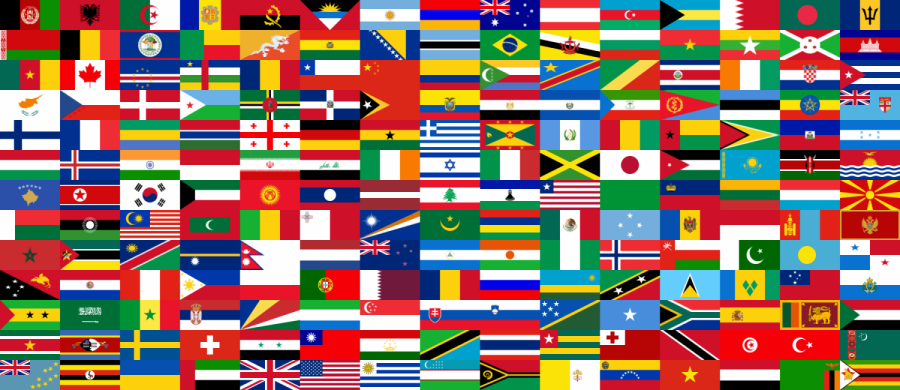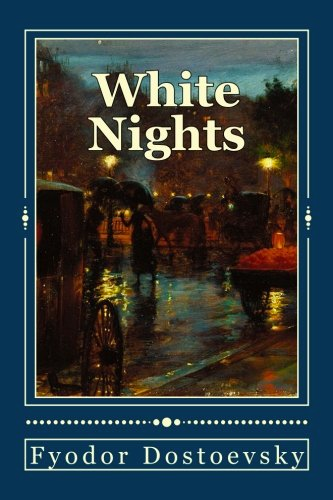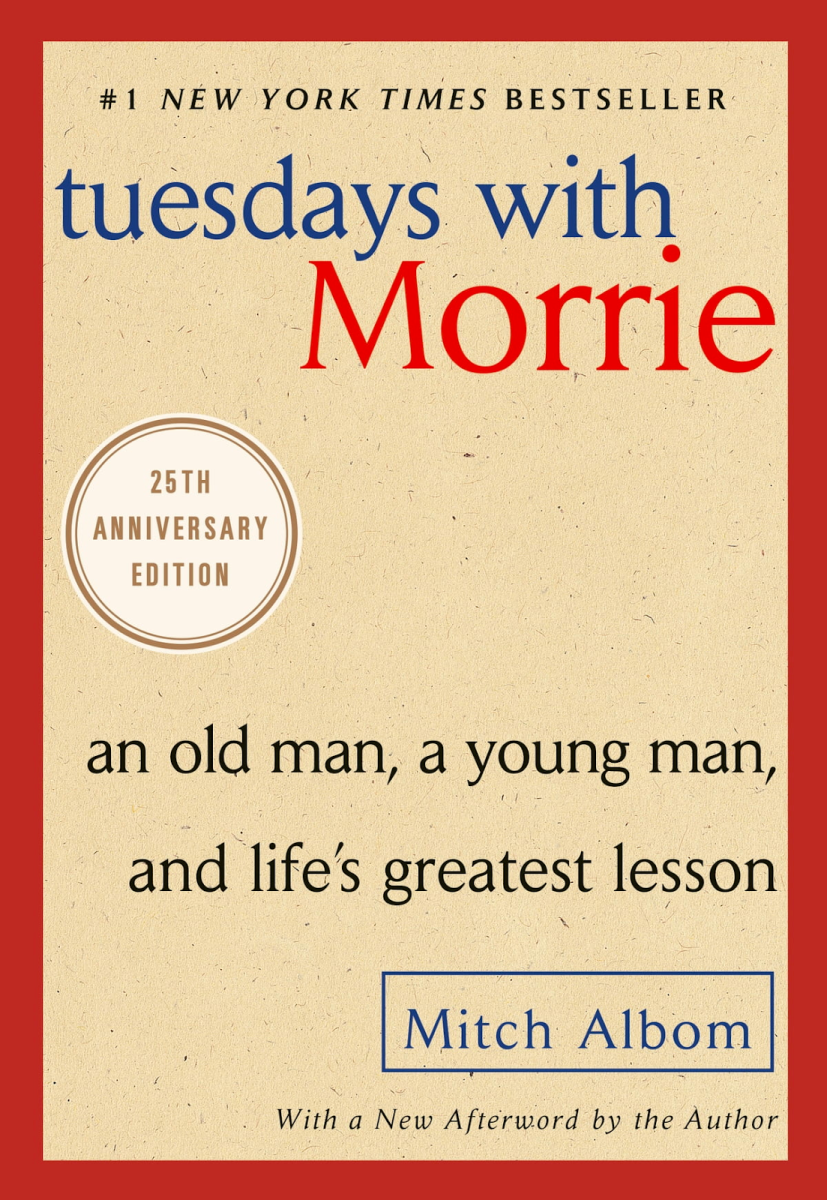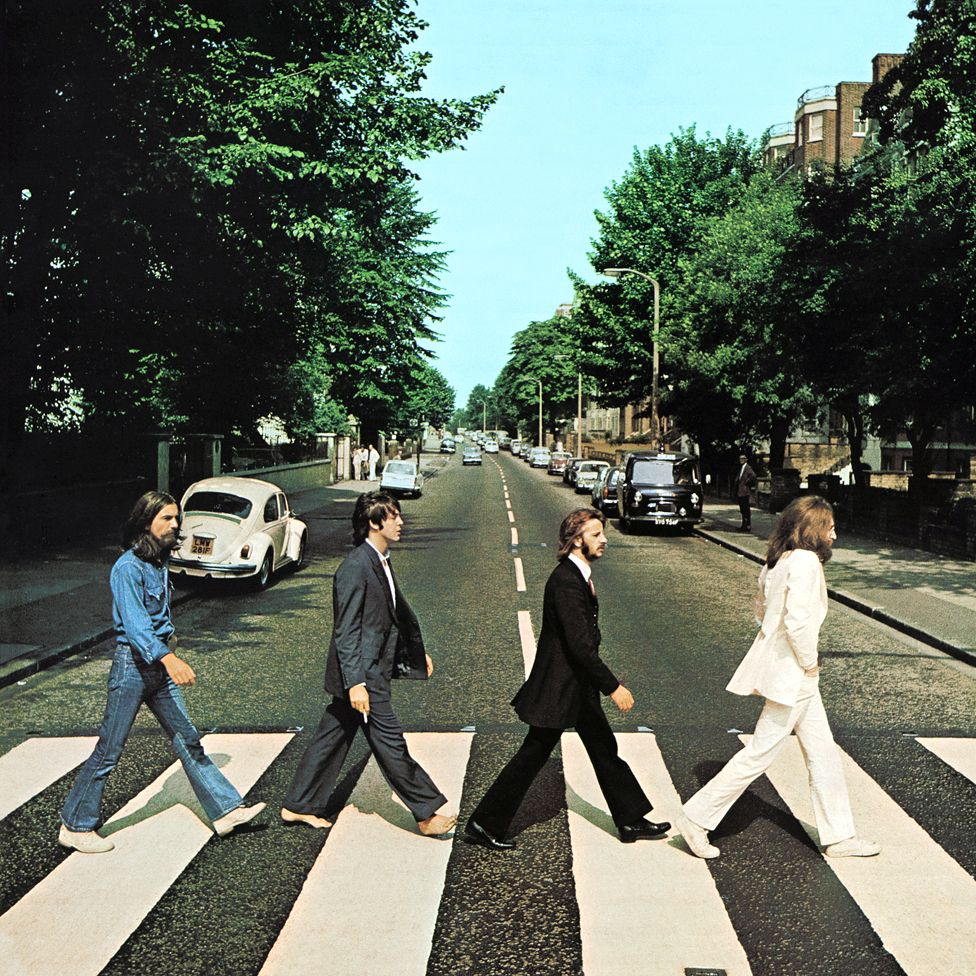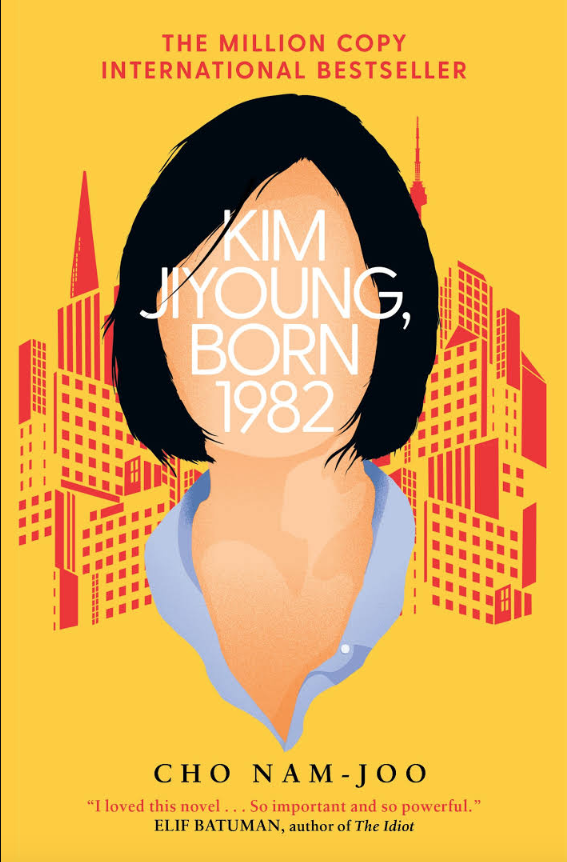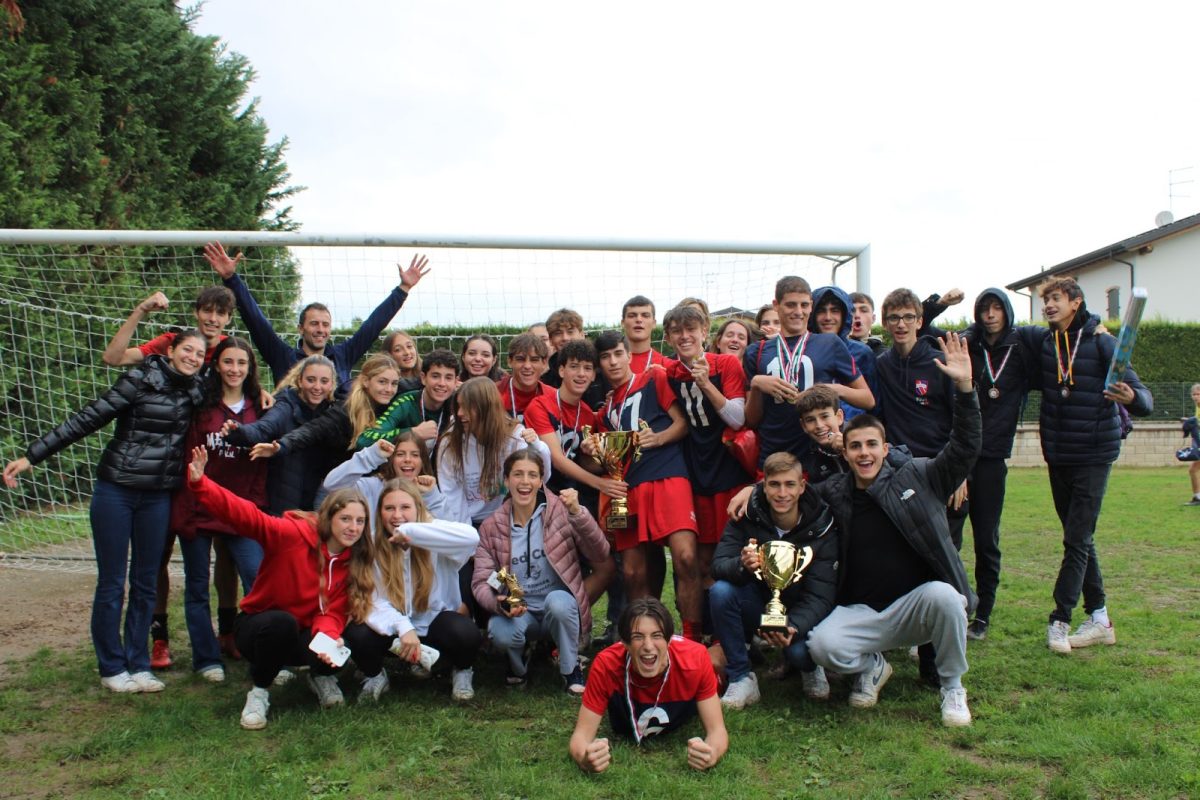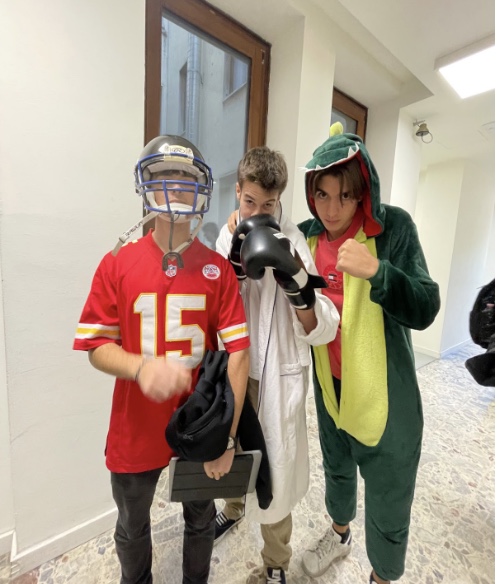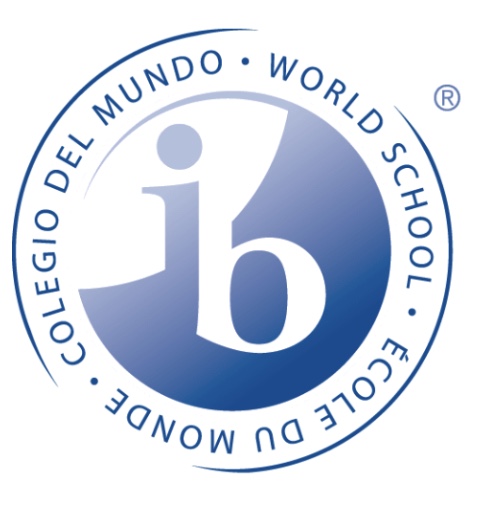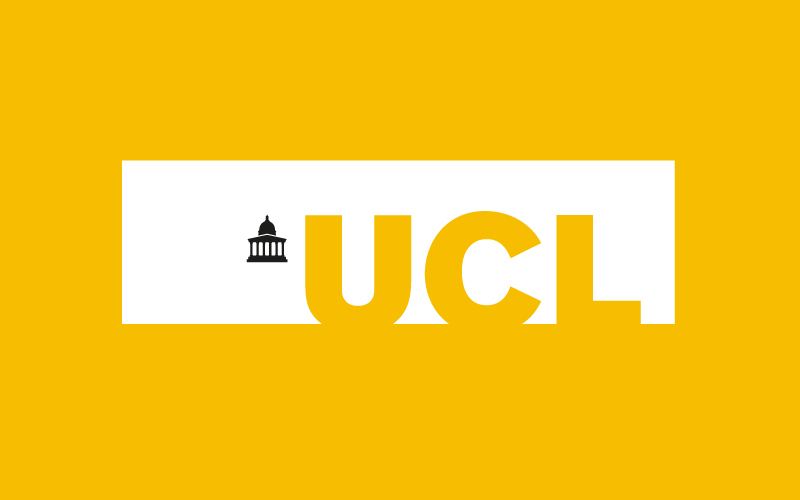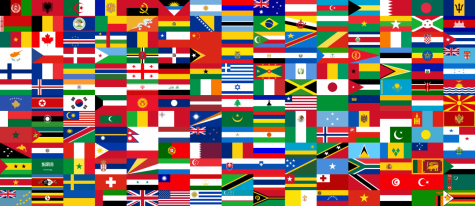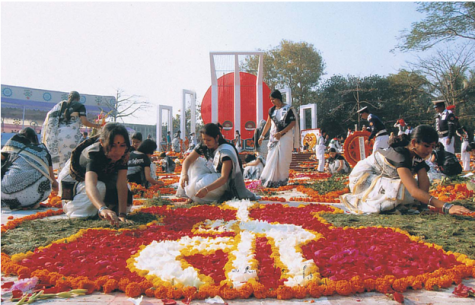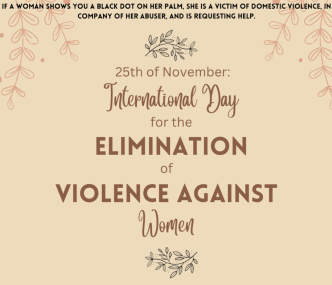International Mother Language Day
Can you imagine a world without words?
Today is International Mother Language Day. It may appear to be irrelevant to dedicate a day to a language. At the end of the day it’s only a language, right?
The International Mother Language Day was proclaimed by the General Conference of UNESCO in November 1999. It has been celebrated since 2000 to promote all the languages of the world.
A language is more than a system of words, used to communicate with others. To some extent it is what identifies us. Languages are who we are. By protecting them, we protect ourselves
— Irina Bokova, Director of UNESCO
There is a story behind International Mother Language day. In 1947, during the partition of India, the Bengal province was divided according to the religious terms.
The western part of Bengal became part of India and the Eastern part became a part of Pakistan known as East Pakistan. Despite the economic, cultural and lingual friction between East and West Pakistan, the real conflicts started when Pakistan’s government declared that Urdu was the sole national language. As a result, the majority of East Pakistan started to protest but unfortunately it was outlawed by the government.
On February 21, 1952, students at the University of Dhaka and other activists organized a protest. That day the police killed a number of students, including Abdus Salam, Rafiq Uddin Ahmed, Abul Barkat and Abdul Jabbar. The death of these students, fighting for the right to use their mother language is now remembered on International Mother Language Day.
It is estimated that nearly half of the approximately 6,000 languages spoken in the world could die out by the end of the century, with 96 percent of these languages spoken by a mere 4 percent of the world’s population
— UNESCO
The unrest continued as Bengali speakers campaigned for the right to use their mother language. Bengali became an official language in East Pakistan on February 29, 1956. Following the Liberation War in 1971, East Pakistan became an independent country called Bangladesh with Bengali as its official language.
At the end of the day,Unity did prove to be Strength.
Now take some time and think about all the things we take for granted, like freedom of language. Today they appear to be so simple, but only because someone out there fought for it.




